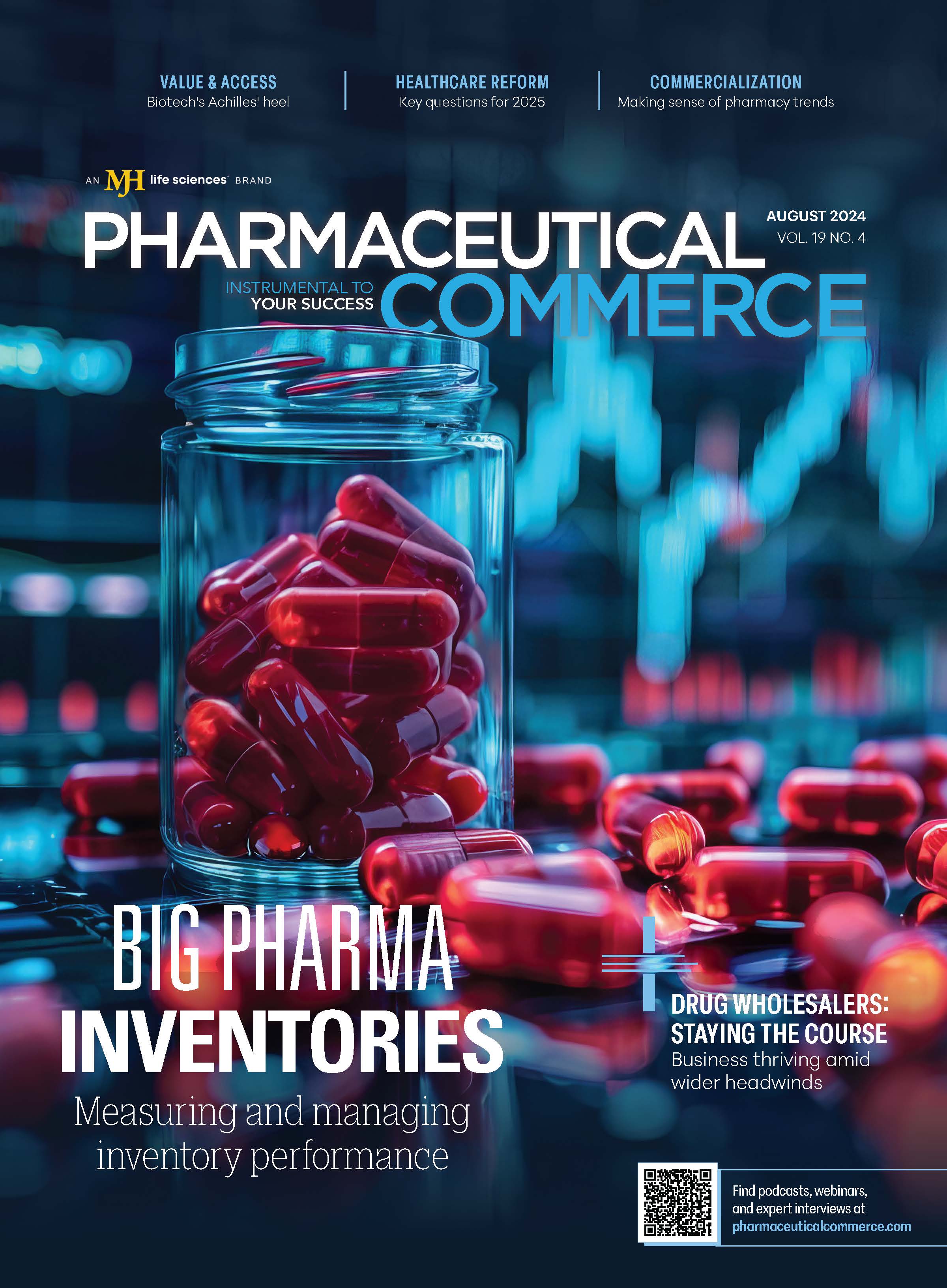Commentary
Article
Pharmaceutical Commerce
Biotech’s Achilles’ Heel
Author(s):
Balancing innovation focus with optimized decision-making.

The pharmaceutical environment is changing rapidly. The Inflation Reduction Act has introduced US price controls.1 Managed care and pharmacy benefit managers have unprecedented market power, allowing them to restrict patient access for new expensive drugs and extract high rebates for undifferentiated drugs. European payers continue to tighten evidence rules. Placebo-controlled trials and single-arm trials typically don’t cut it anymore. Payers warn that evidence gaps frequently lower price and/or limit patient access. Avoiding commercial failure requires risk benefit assessments with a thorough understanding of pricing and access implications of alternative development strategies.
Large pharmas have portfolio management processes that rely on input from clinical, commercial, and access experts to make trade-offs between clinical program options. Focus is on commercial value. Smaller biotechnology firms deliver a large share of early drug innovation. How prepared are they to optimize drug development decision-making?
Biotech company expertise
Biotechs are very focused on developing scientific solutions for devastating diseases. Having that expertise is an essential ingredient for drug innovation success. However, smaller biotechs tend to have limited or no commercial and access expertise in the leadership team and on the board. This can be highly problematic for two reasons:
- Phase III clinical programs form the basis for marketing approval by the FDA in the US and by the EMA in Europe. However, these same trials are also the basis for access and pricing approval by payers worldwide. Payers state that wrong clinical trial design, wrong clinical comparator, inappropriate endpoint, and insufficient length of trial are common grounds for payer rejection, access restrictions, and/or inferior price. Avoiding these traps requires analysis and trade-off decisions for Phase II and Phase III trials. Many biotechs are not thinking about these until it's too late.
- Biotech firms are often dependent on partnerships with—or acquisition by—large pharmas to fund Phase III development and commercialization. Negotiations focus on the asset’s commercial potential, which can be hampered by lack of evidence or value. This directly impacts pricing, access, and the ability to present strong differentiating value to prescribers. Lack of focus on these aspects can significantly lower the biotech's equity value.
Biotech organizations need to maintain a low investment burn rate, at least in the earlier stages where clinical failure rates can be high. However, it is extremely unwise to ignore the need for at least high-level commercial and access evaluations to guide development decision-making.
Addressing the gap
How can biotech companies ensure sufficient attention to access and pricing needs, while limiting investments to the essentials? Here are some general suggestions:
- Periodically perform commercial/access assessments for a few clearly defined product profiles with some clinical trial design options for each new drug. Consider a range of upside and downside clinical outcome scenarios.
- Focus on a few countries that can serve as a proxy for global potential and evidence needs. While dependent on the therapy area, the list would include the US, Japan, Germany, and France.
- Consider past health technology assessment decisions in each payer system that seem most relevant as analogues for the situation; evaluate each analogue with respect to the healthcare system.
- Evaluate clinical trial design options based on projected commercial results for each trial design option under a range of outcomes and scenarios.
- Ensure that you can call on deep access expertise to guide and validate the analysis and conclusions.
In earlier phases of drug development, payer research may only be needed in cases where the analysis and the hypothesized commercial results have major uncertainties that significantly impact decision-making. Phase III clinical trial design decisions require a higher level of robustness and validation of the access/pricing assumptions through research.
About the Author
Ed Schoonveld is a value & access advisor for Schoonveld Advisory and author of The Price of Global Health.
Reference
1. Schoonveld, E. The IRA is Industry’s Wake Up Call. Pharmaceutical Commerce. December 8, 2022. https://www.pharmaceuticalcommerce.com/view/the-ira-is-industry-s-wake-up-call
Newsletter
Stay ahead in the life sciences industry with Pharmaceutical Commerce, the latest news, trends, and strategies in drug distribution, commercialization, and market access.





